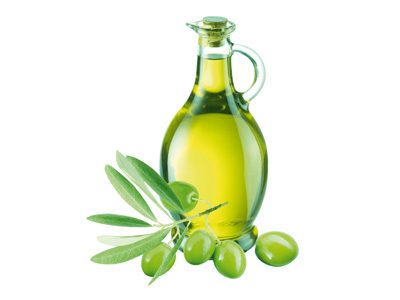
A dash of extra-virgin olive oil is quite enough for a whole host of recipes and for sautéing and lightly frying food. But what happens when you’ve got lots of olive oil left over in the frying pan when you’ve finished cooking? Some people will tell you that you shouldn’t be wasting olive oil on frying food in the first place, but fortunately you won’t hear this misguided view as often as you once would. Extra-virgin olive oil is actually an excellent choice for frying with: not only is it healthier than some cheaper oils, but you can also reuse it several times, if you follow some basic guidelines:
Olive oil needs to be filtered before it can be stored. You should pour it into a jar through a fine sieve. If you remove all the bits in it, you can reuse olive oil three or four times without any problem.
You should keep it well away from water: contact with water sets off a series of changes that encourage it to separate. In addition, you shouldn’t keep any olive oil you’ve cooked at a high temperature and which has started to smoke, or any oil that has become viscous or dark in color. If your eyes, nose or fingers tell you something’s not right, it’s best not to keep it.
Although extra-virgin olive oil can withstand high temperatures, it starts to lose its properties and benefits the more it is used. Don’t reuse it too much or mix new and used olive oil together.
When the time comes to get rid of it, don’t pour it down the sink or the toilet, as this can lead to major blockages and pollute the water supply. It’s best taken to a recycling point.



